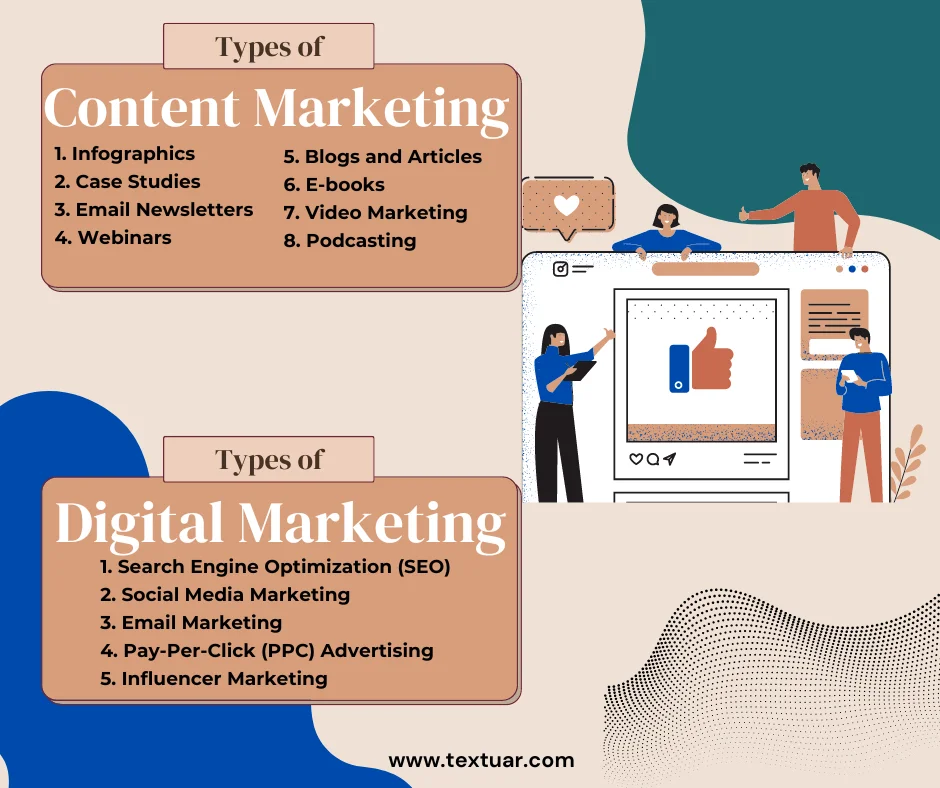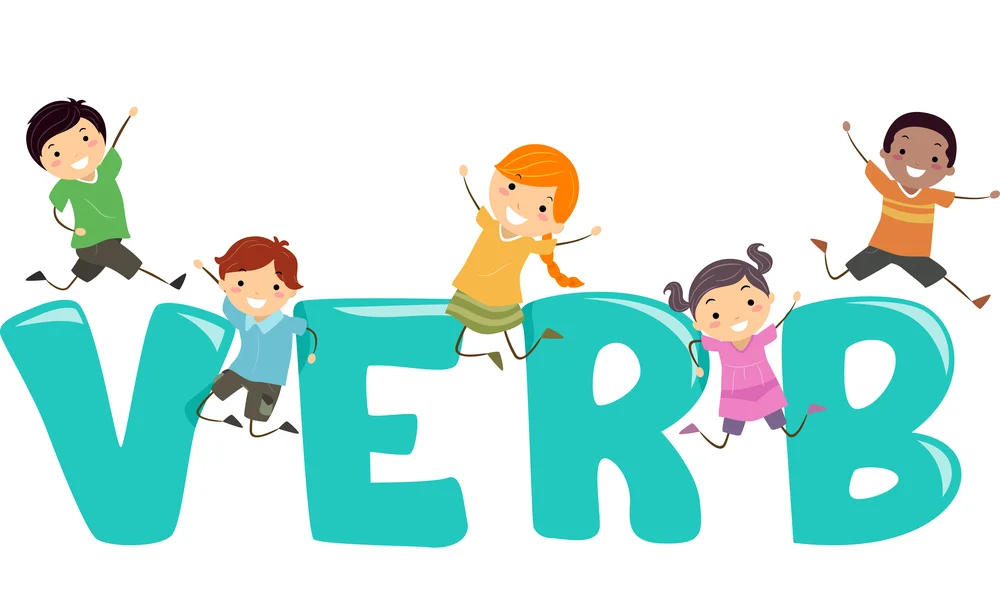Choosing the Right Company for Content Writing Services Made Easy

Content is king, and content writers are warriors who drive incredible ROI from SEO campaigns. If you keep up with current events, you must be aware that one of the main critical elements that might propel your marketing process is content. In a nutshell, compelling words define high-quality content. Now that you are aware of […]
Content Marketing and Digital Marketing: What Sets Them Apart and What Should Be Your Choice?

In the contemporary online world, marketing holds immense significance for a brand to reaching out and engage with target consumers. It plays a pivotal role in attracting audiences, nurturing trust, and driving sales.
Verbs – A School Concept that can Prove to be Valuable in Content Writing

Do you recall a period in grade school when your teacher assigned you to write an essay or a short story? You had no idea you were developing a superpower that would be crucial in your future career at professional content writing agency. Any idea what that is? It is the capacity to use verbs […]

